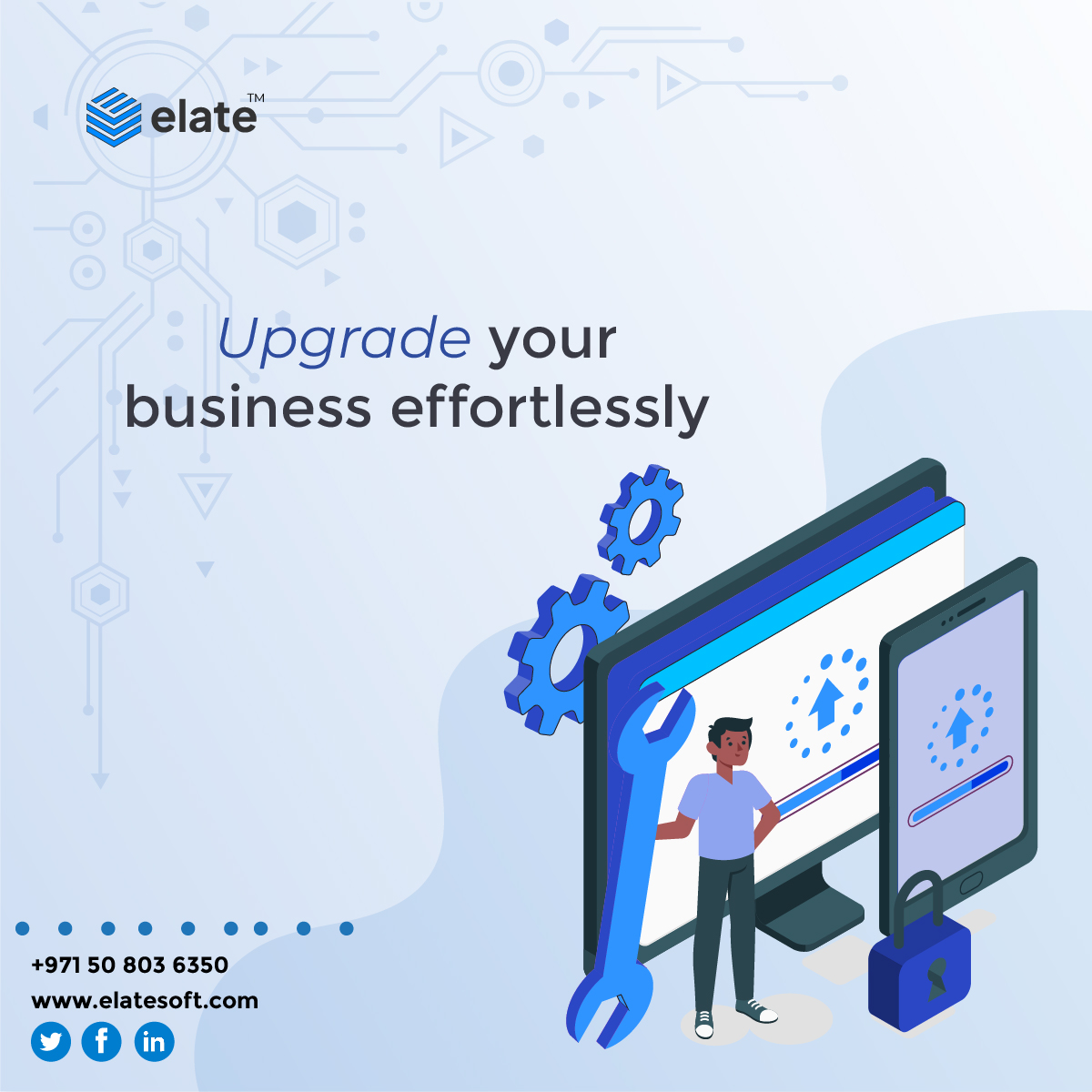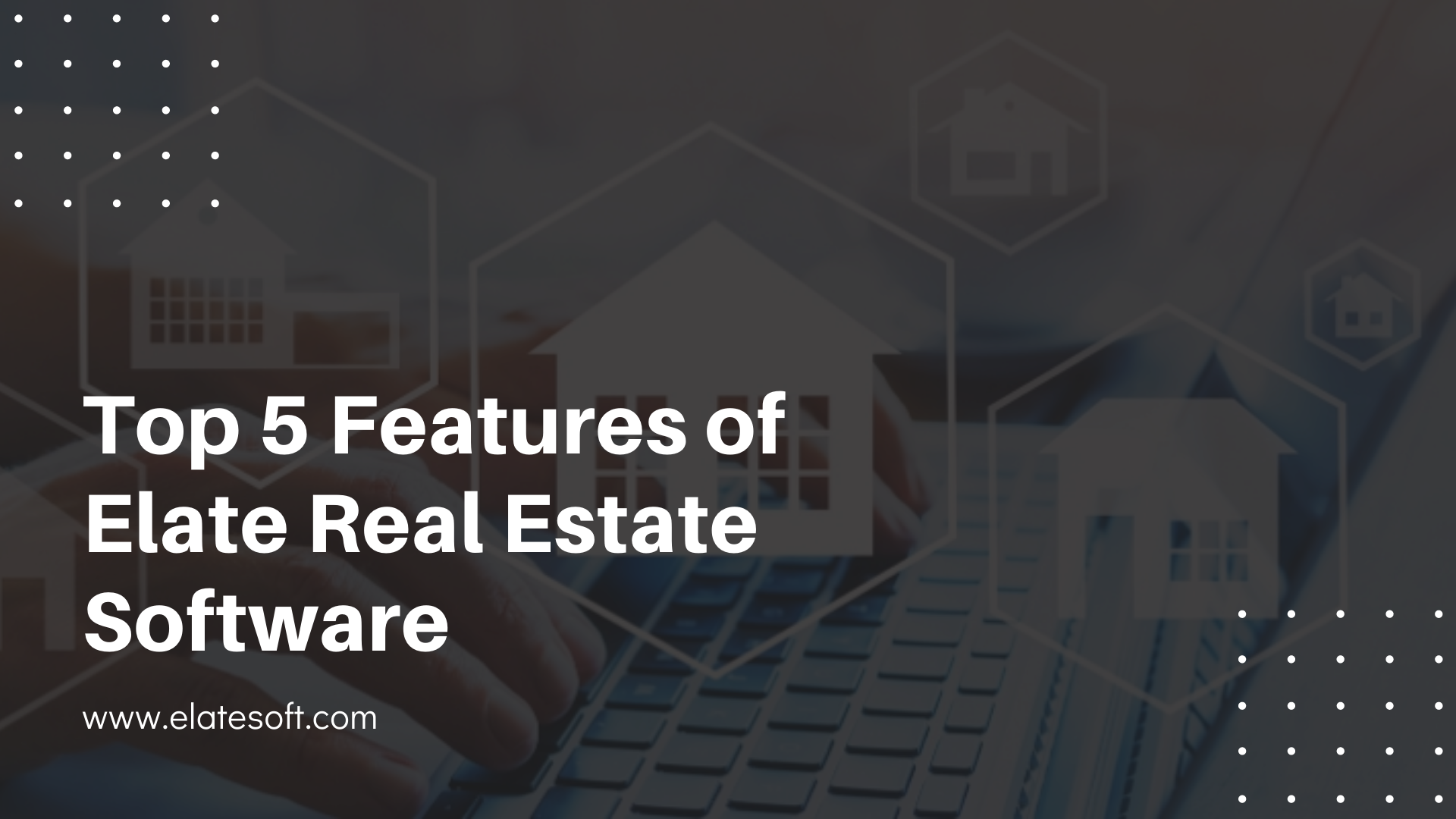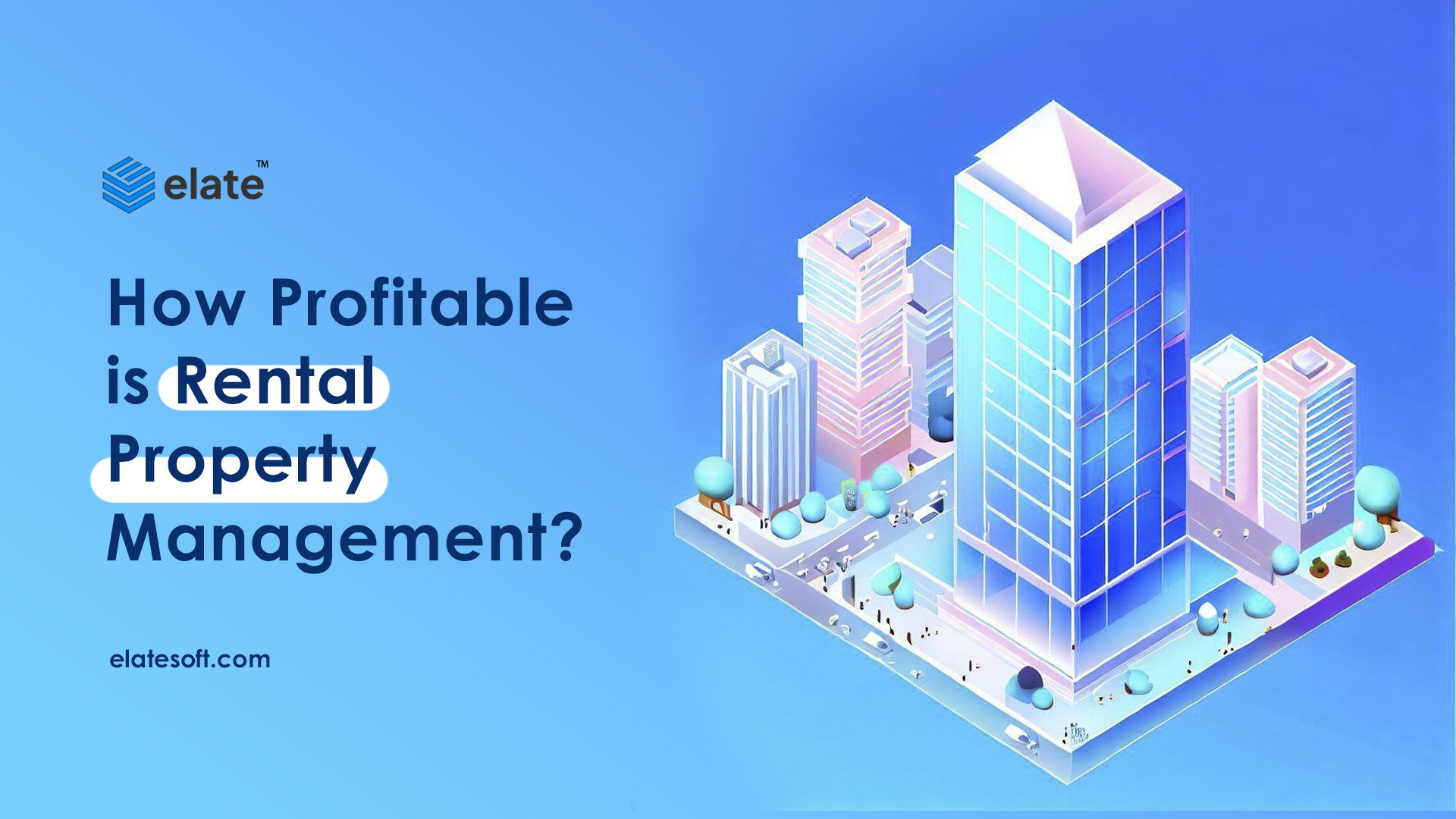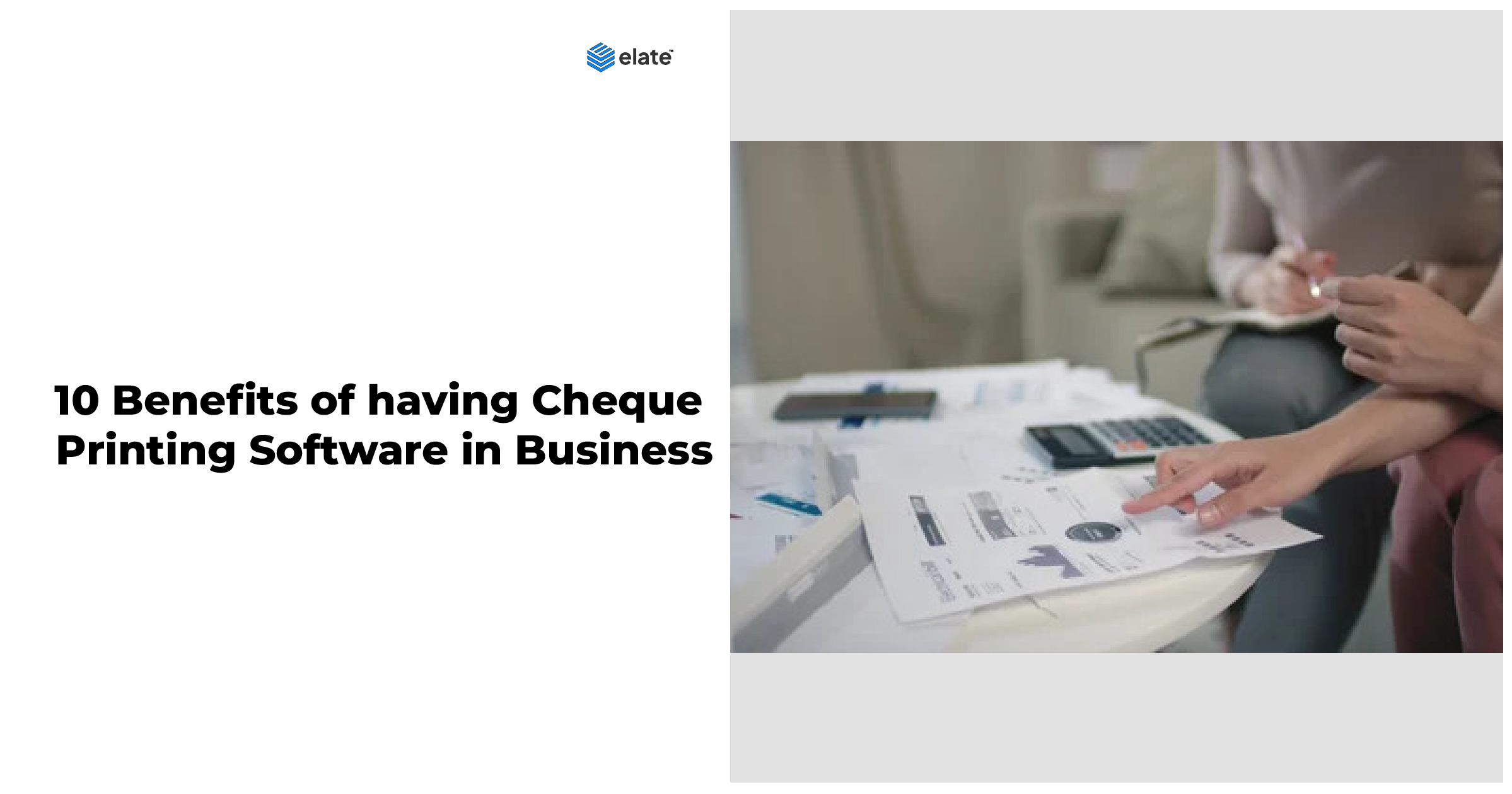
1/31/2025
ERP Software Solutions - What is ERP?
Enterprise resource planning (ERP) refers to a type of software that is used to manage day-to-day business activities. It includes activities like accounting, project management, procurement, risk management, and supply chain operations. It also includes enterprise performance management that helps plan, budget, predict, and report the financial results of an organization. ERP systems tie together a multitude of business processes. It enables the flow of data between them. ERP systems eliminate data duplication and provide data integrity by collecting an organization’s shared transactional data from various sources.
ERP systems are designed around a single and defined data structure that typically has a common database. This helps ensure that the information is based on common definitions and user experiences. Also, it is used across the normalized enterprise. Driven by workflows across business departments, these core constructs are then interconnected with business processes, connecting systems and the people who use them. Across a modern enterprise, Enterprise resource planning is the vehicle for integrating people, processes, and technologies.
What is an Enterprise resource planning (ERP) system?
Enterprise resource planning systems are complete, integrated platforms managing all aspects of a production-based or distribution business either on-premises or in the cloud. It supports all aspects of supply chain management, financial management, manufacturing, and human resources with your core accounting function. By tracking all aspects of production, logistics, and financials, ERP systems will also provide transparency into your complete business process.
For end-to-end workflow and data, these integrated systems act as a business’s central hub and allow a variety of departments to access. Across the enterprise, mid-sized, or small businesses, ERP Systems and software support multiple functions including customizations for your industry. A keyEnterprise resource planning principle is the central collection of data for distribution across the nations. ERP systems bring order to chaos so that all users can create, store, and use the same data derived through common processes.
Business Value of an Enterprise resource planning (ERP) system:
In today’s business world, it’s impossible to ignore the impact ofEnterprise resource planning . Businesses can align separate departments and improve workflows as enterprise data and processes are corralled into ERP systems. It results in significant bottom-line savings. It includes:
- Lower operational costs through streamlined business processes
- Consistent infrastructure from the back office to the front office
- Improved business insight from real-time information
- Higher user-adoption rates from a common user experience
- Enhanced collaboration from users sharing data
- Reduced risk through improved financial controls and data integrity
- Improved efficiency through a common user experience
- Lower management and operational costs through uniform systems
Reasons to move to an ERP cloud solution:
For businesses of all sizes, retiring on-premises systems and moving entirely to the cloud is not possible. Be it enterprise or small to midsize business, it’s not something they’re comfortable doing. However, ignoring all the advantages of enterprise resource planning as a cloud solution and staying the course with an on-premises ERP, is no longer an ideal path either. So, here are some reasons why to move to an ERP cloud solution.
1) Extend the value of your existing ERP System
With cloud applications, augmenting and integrating legacy software can complement, enhance, and supplement important tasks. Giving businesses a great opportunity to start adopting cloud capabilities, this approach can breathe new life into legacy Enterprise resource planning systems.
2) With ERP Software readily adopt new and evolving SaaS technologies
Like artificial intelligence (AI), next-generation technologies help cloud-based systems rapidly improve their capabilities. Unlike your legacy system, it does it with no need for periodic updates. Now, ERP software continually become significantly easier to manage and use with no additional or new input from the end-user.
3) Access new technologies with Enterprise resource planning (ERP) Software
Finding cloud applications that complement your legacy ERP software modules is vital for the organization. It lets you immediately take advantage of rapidly advancing new technologies as well as improving user paradigms. To deliver immediate business capabilities and value, these provide the complimentary systems without a fundamental change in your operations.
4) Evolve your financial systems
Cloud-based technology was born in the last decade as legacy systems were never meant to be modern engines for reporting. With an entirely different mindset and understanding of not only what was needed to be successful for Enterprise resource planning platforms but also what was possible, it is developed as a core principle.
5) Reduce third-party dependencies with Enterprise resource planning (ERP) Software
From a third-party vendor to generate operational business intelligence, reporting and analytics for legacy systems typically require involvement. ERP vendor often produces the same or better intelligence by using cloud applications from your legacy without needing an additional vendor relationship.
6) More robust security resources
Especially To proactively monitor and stay current with cloud security issues and threats, Cloud solution service providers have large, full-time teams that are exclusively dedicated. They are dedicated 24 hours a day for the utmost security of resources.
7) Attract in-demand talent
With seamless technology that is mobile, easy to use, and always-on, the next generation of young workers has grown up. With on-premises technology, no company that continues to rely purely on this will be able to recruit top talent, regardless of age.
Get started with Elate ERP Software:
Even though, Organizations have always struggled to balance the need for customized features and flexibility against the traditional ERP’s high costs and complexity. So now, watch and learn how Elatesoft ERP Cloud delivers real-time insights, connected teams, and unified data to help you and your finance team. It ensures that the best business decisions are made. Your organization can be future-ready and outpace change with Enterprise resource planning delivered as a service in the cloud. Today’s ERP cloud is built for the digital age and embraces mobile, social, analytics, and the latest emerging technologies.
Particularly, Being the best Accounting Software dealer in Dubai, UAE, and all over the Middle East, we provide all the services from ERP implementation to custom ERP. The latest new and revolutionary emerging technologies become available to subscribers on a regular cadence. Especially, From ERP software Dubai to ERP software UAE, we provide significant post-sales as well. You can quickly improve your business best practices as the ERP software evolves with access to these new technologies. So, contact us to book an appointment to know more about the software and a free demo.



